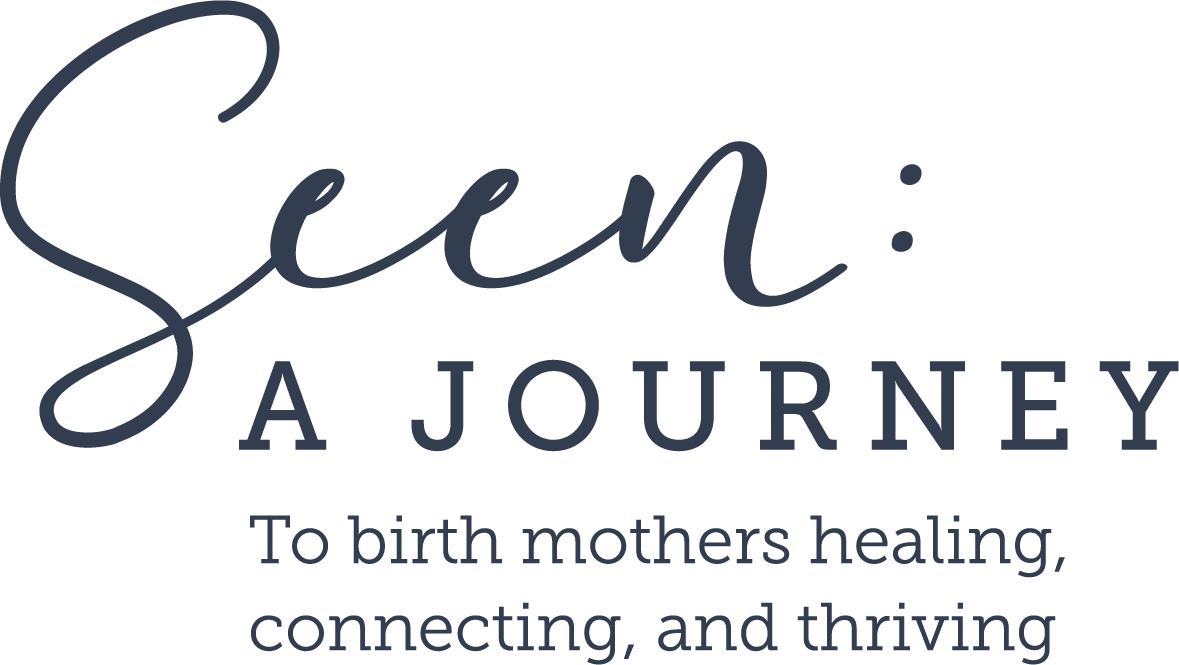For many adoptive parents, the long road leading up to placement feels like the hardest part, until the day you finally hold your child in your arms. In that moment, all the waiting, paperwork, and uncertainty seem worth it. You imagine the hardest part is behind you.
And then reality sets in.
After placement, you step into the daily work of building trust, creating stability, and helping your child feel safe in a brand-new world. For some families, this transition is smooth. For others, it can feel like wave after wave of challenges, tantrums, withdrawal, sleepless nights, grief, and behaviors that can’t be explained by the typical parenting playbook. This is where perseverance takes on a new meaning.
When I work with prospective adoptive parents, I often explain that parenting an adopted child is like leveling up in a video game or playing on “expert mode” without the tutorial. In a regular game (parenting a biological child), you still face challenges, but you’ve been customizing your character since level one. You know their strengths, weaknesses, and quirks from the start.
With adoptive parenting, you pick up the game after someone else has already played a few levels. Your character comes with a backstory, hidden quests, and sometimes scars from earlier battles you didn’t see. You can still “win” the game, absolutely, but it takes more patience, creative strategy, and a willingness to replay levels when things go sideways. You have to listen closely for clues, learn new controls on the fly, and sometimes put down the controller to remind yourself why you started playing in the first place.
Perseverance after placement isn’t about “pushing through” with a smile plastered on your face. It’s about committing to love and stability, even when the day-to-day feels exhausting and progress is slower than you hoped. It’s learning to hold two truths at once: you are deeply grateful to have your child home, and it’s harder than you imagined.
The work after placement is often invisible. The world may see smiling family photos, but you know the behind-the-scenes reality: staying up through night terrors, navigating difficult behaviors at school, explaining your child’s needs to people who don’t understand, and quietly managing your own emotions. You may also be navigating a relationship with your child’s birth family that’s more challenging than you envisioned. These moments don’t make the adoption story less beautiful—they make it more real.
Perseverance in this season also means caring for yourself. Burnout can creep in if you try to pour from an empty cup. Finding a trusted support network, other adoptive parents, a counselor, or friends who truly listen, can help you stay steady.
It may also be time to expand your circle. If you look around and realize you’re the only one parenting a small child, seek out others in the same stage. When our oldest daughter was just a few months old, I realized all my friends were past the baby stage. Many were back at work and dealing with elementary and middle school issues while I was learning the newborn routine. Joining a local mom group was life-saving. I could ask questions, compare notes, and begin to discern whether my child’s behavior was tied to adoption trauma or simply toddlerhood.
If you’re parenting transracially, this is also an opportunity to find racial mirrors for your child. It may stretch you outside your comfort zone, but it’s an important part of their identity and your growth as a parent.
For many adoptive parents, perseverance also means working hard to build and maintain a relationship with birth parents. Open adoption can be beautiful, but it’s not always easy, especially in the early days. You may be balancing emotions, navigating different communication styles, and setting healthy boundaries. But over time, this faithfulness sends your child a powerful message: all parts of their story are welcome here. Their life is richer when their birth family is part of it.
In the end, your consistency matters more than you realize. You’re teaching your child that love can be trusted, that people can stay, and that family is a safe place to land. When the days are hard, remember: you’re building something that will last. The road may be challenging after placement, but every step forward plants seeds of security, belonging, and love that your child will carry forever.


